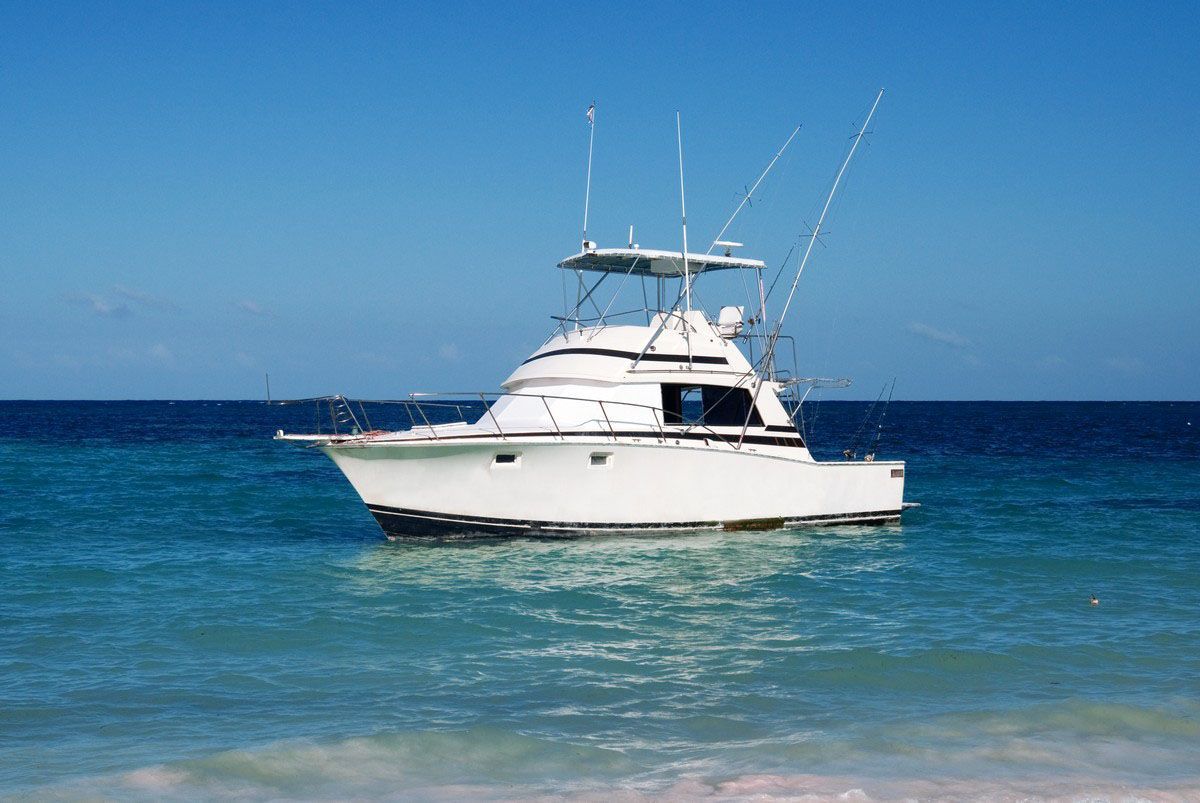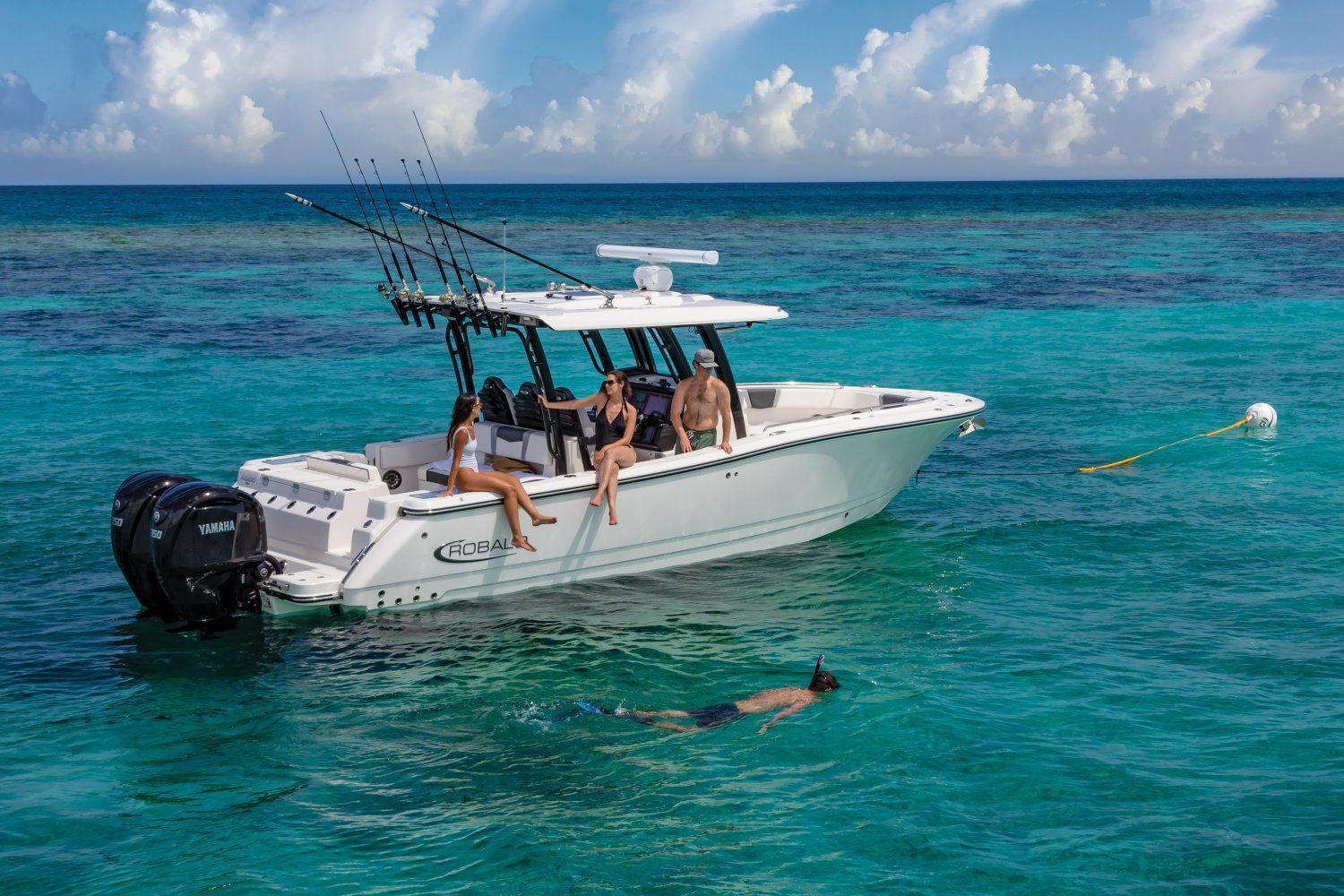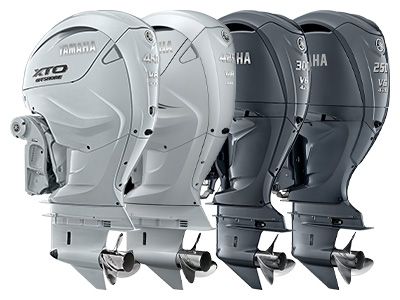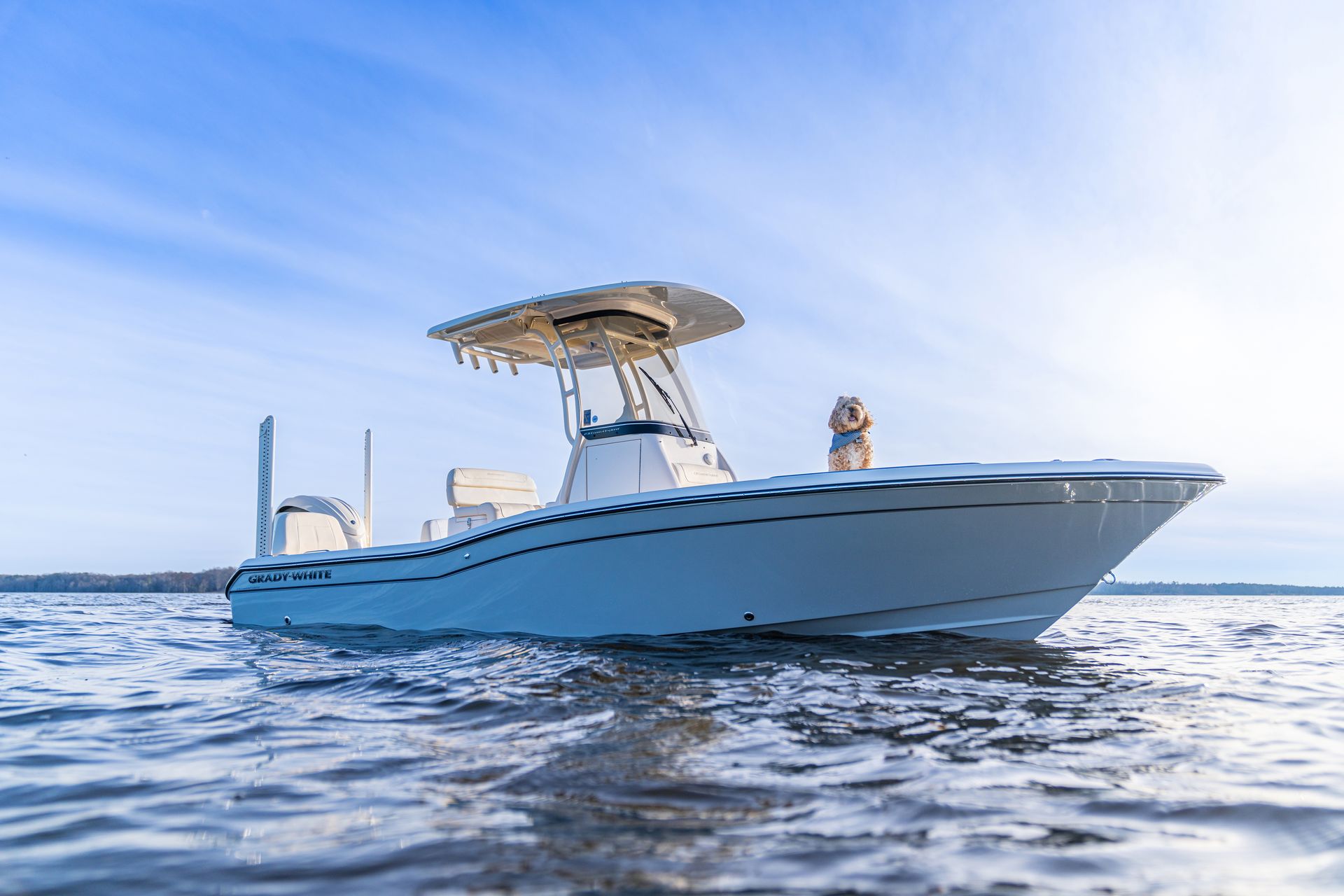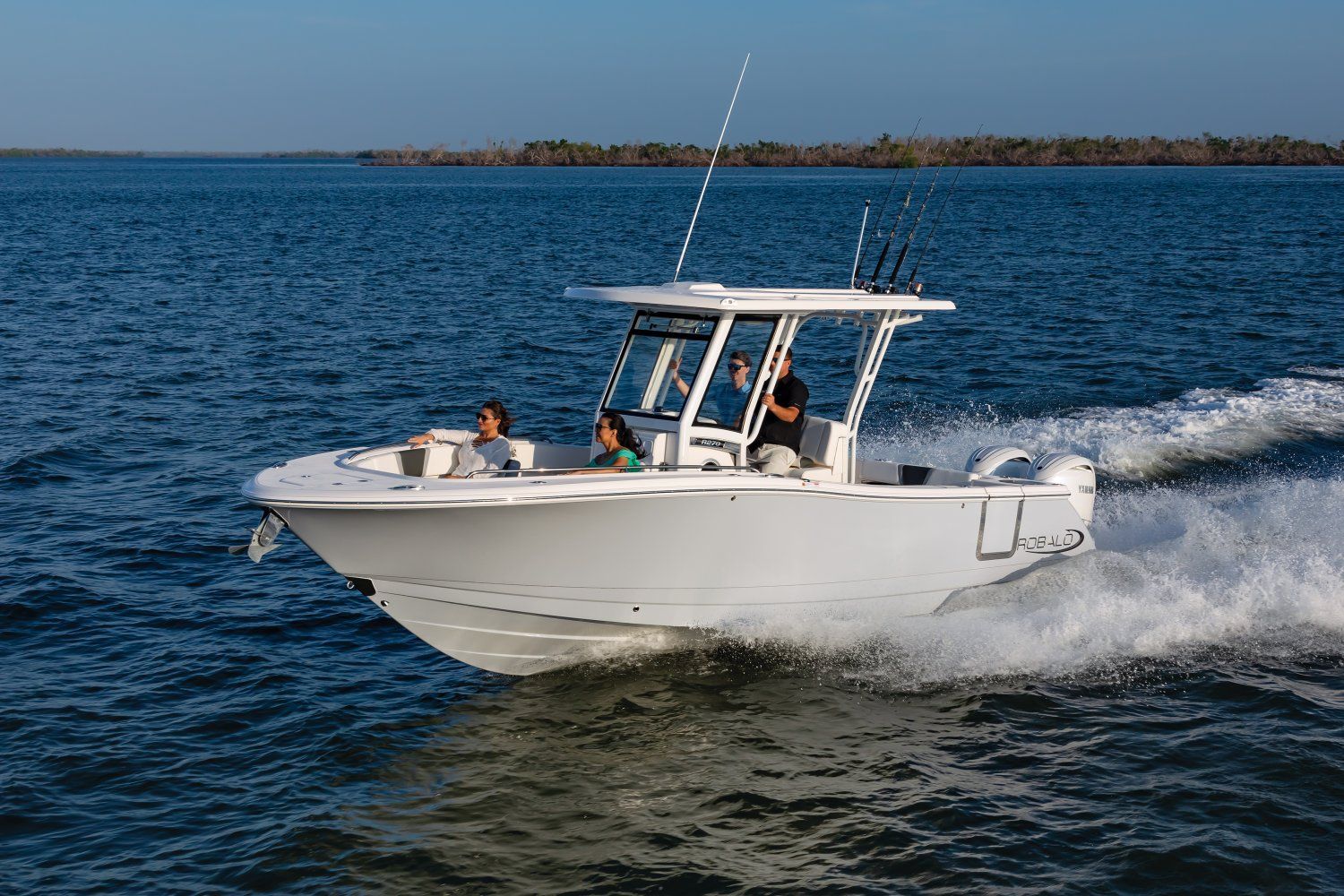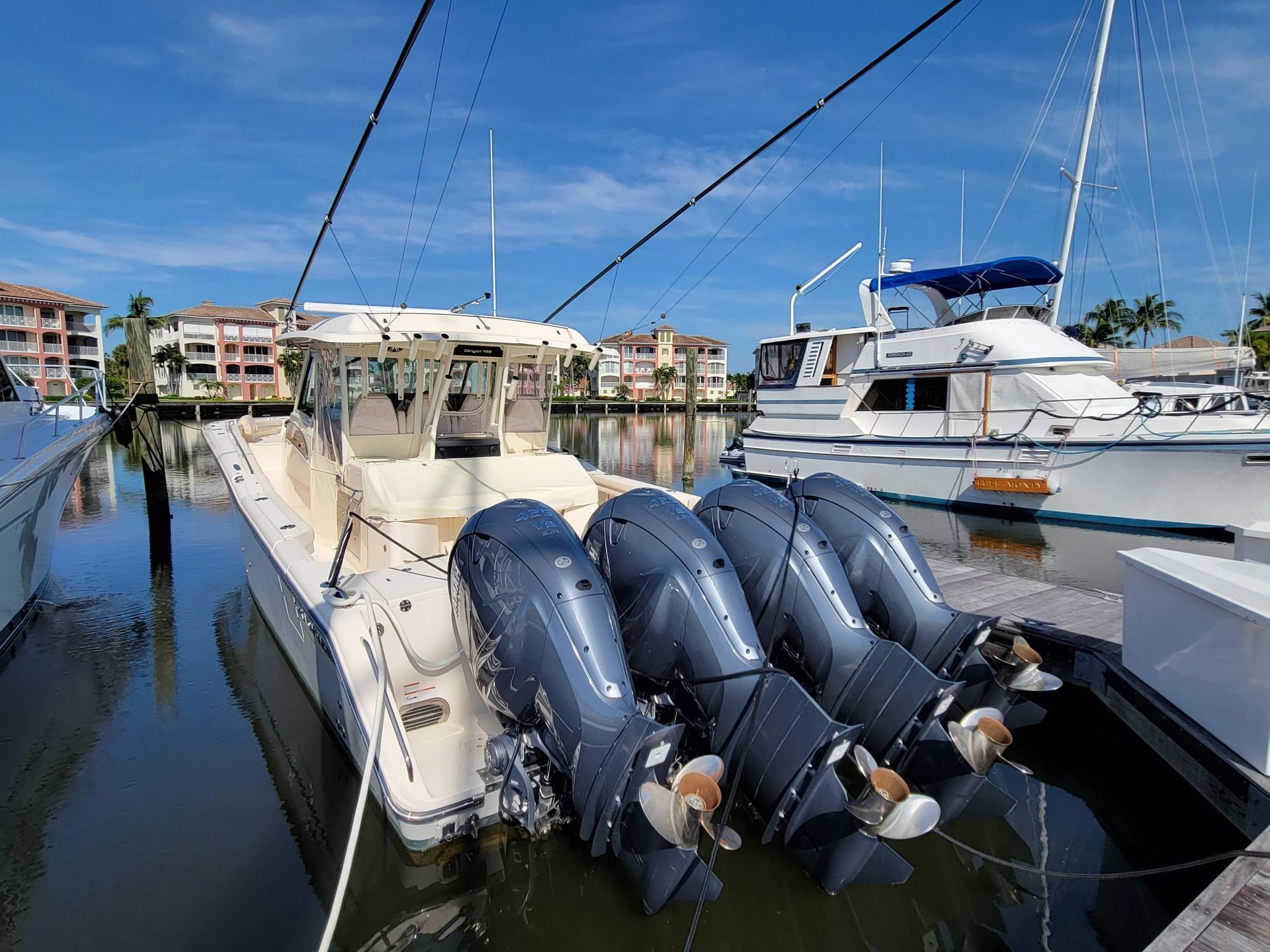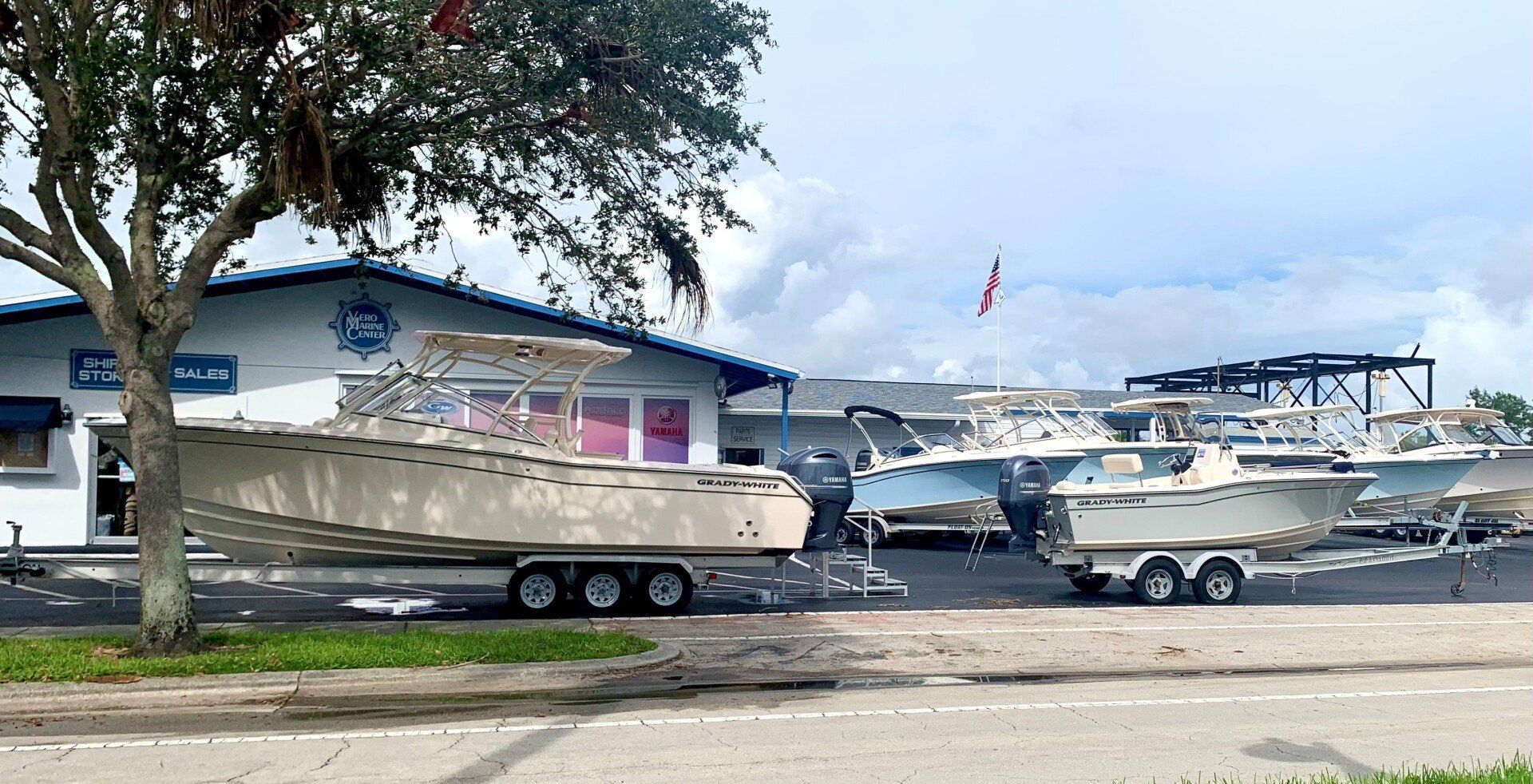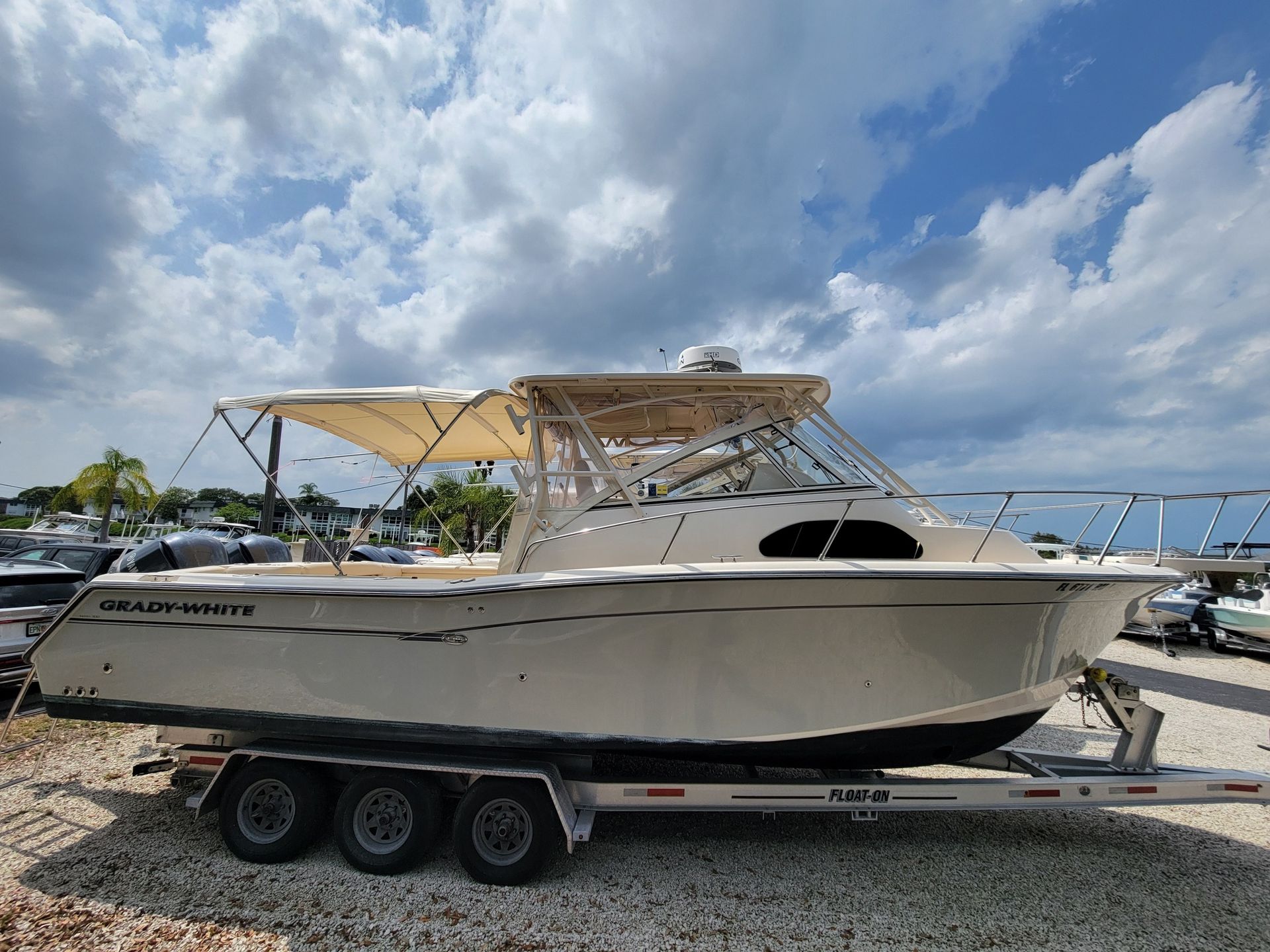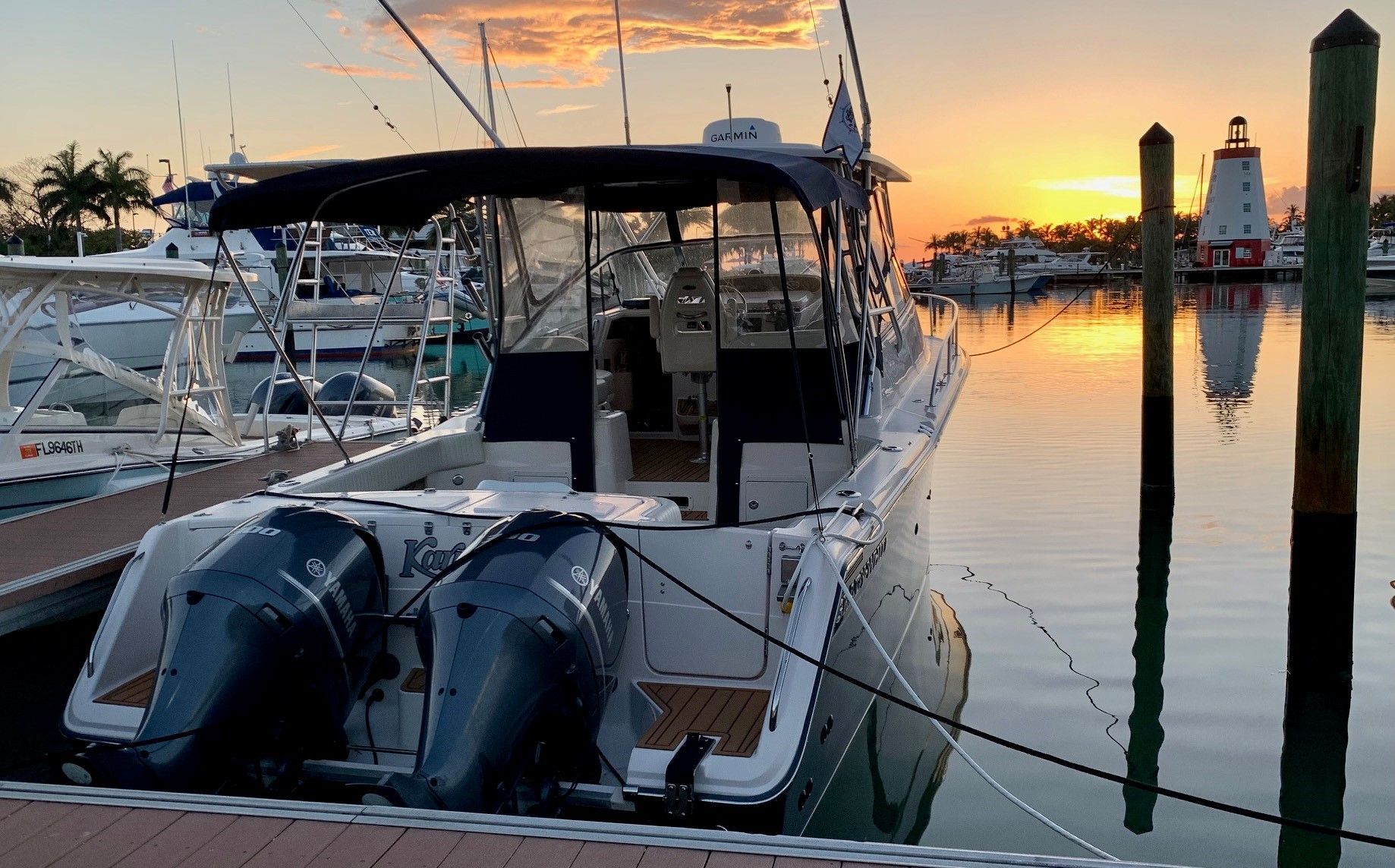3 Tips for Better Boat Maintenance
Why Maintenance?
Many of us feel like there aren't many things better than spending time on the water with friends and family. But we've all encountered or heard about a trip spoiled due to boat problems or engine failure. As you may already know, regular boat and engine maintenance is essential to help you avoid those unfortunate times. Today's outboards are built extremely tough but high load, high-RPM operation, extreme temperatures and humidity, saltwater, sun, even long periods of non-use can all exact a heavy toll. Any
full service outboard dealer will tell you that boat and engine maintenance helps ensure you get to fully enjoy your boat for years to come. Regular maintenance is important in helping your outboard meet the demands of these challenging environments, and only you can make sure it happens. That said, where can you start? Here are some tips to help you better maintain your boat.
1. Choose a Trusted Outboard Dealer
When it comes to keeping your boat and motor in top condition, the maintenance needs a professional touch. You should establish a relationship with a full service, factory certified outboard dealer to help manage the maintenance of your boat. A full service outboard dealer will partner with you to take care of your motor and other important components. Most outboard manufacturers recommend the oil be changed in your outboard motor after every 100 hours of use. But that's not the only thing today's four stroke outboards needs during a routing service. A full service outboard dealer can take care of all service recommendations on your behalf.
2. Flush Your Motor
This is a simple tip but it's still a very important one. Be sure to flush your outboard after every trip! Your outboard is raw-water cooled, meaning it uses the water it’s operating on as cooling water. All water, fresh or salt, contains contaminants that will eventually build up in the cooling passages over time.
According to
Yamaha's Maintenance Matter's website, "Saltwater is naturally corrosive and any remaining in those cooling water passages after use is left there to do its worst, unabated. Saltwater can also experience crystallization when exposed to heat above 170 degrees, which causes deposits to form and potentially restrict cooling water passages. For these reasons, it’s a must that you flush your engine thoroughly with fresh, clean water after every use."
Check out these different methods of motor flushing at Yamaha's Maintenance Matters
3. Keep Your Batteries Charged
Electrical failures can be a real headache. You can avoid these problems by performing some routine battery maintenance and keeping the batteries onboard charged up. Checking battery terminals and cable ends for corrosion is key. Clean those ends and terminals with a wire brush and follow up with a corrosion protection spray. Make sure to use lock nuts or nuts with lock washers instead of wingnuts and properly tighten them down with a wrench. Loose or corroded connections are a good way to lose voltage.
An onboard battery charger is a convenient way keep your batteries charged up in between uses. Make sure to purchase and install a charger that puts out the proper amperage per battery bank and is capable of charging the type of batteries you have. Normal engine use, not just idling around, will typically help keep house and starting batteries charged, but periods of inactivity or prolonged battery discharging from the use of trolling motors will require you to give those batteries a boost to prolong their life expectancy.
Here's a few more battery and electrical system tips from Grady-White
Putting the extra work into maintenance for your boat has its rewards and will ultimately help you avoid the frustration of unexpected breakdowns. In addition, you'll be keeping yourself and others safe. According to the American Boating Association, machine failure is one of the top five reasons behind boating accidents. Given that unfortunate fact, caring for your boat can help to reduce the risk of injury. Are you in need of a full service outboard motor dealer to take care of your boat? Give us a call at Vero Marine Center today. We'd be happy to help.

